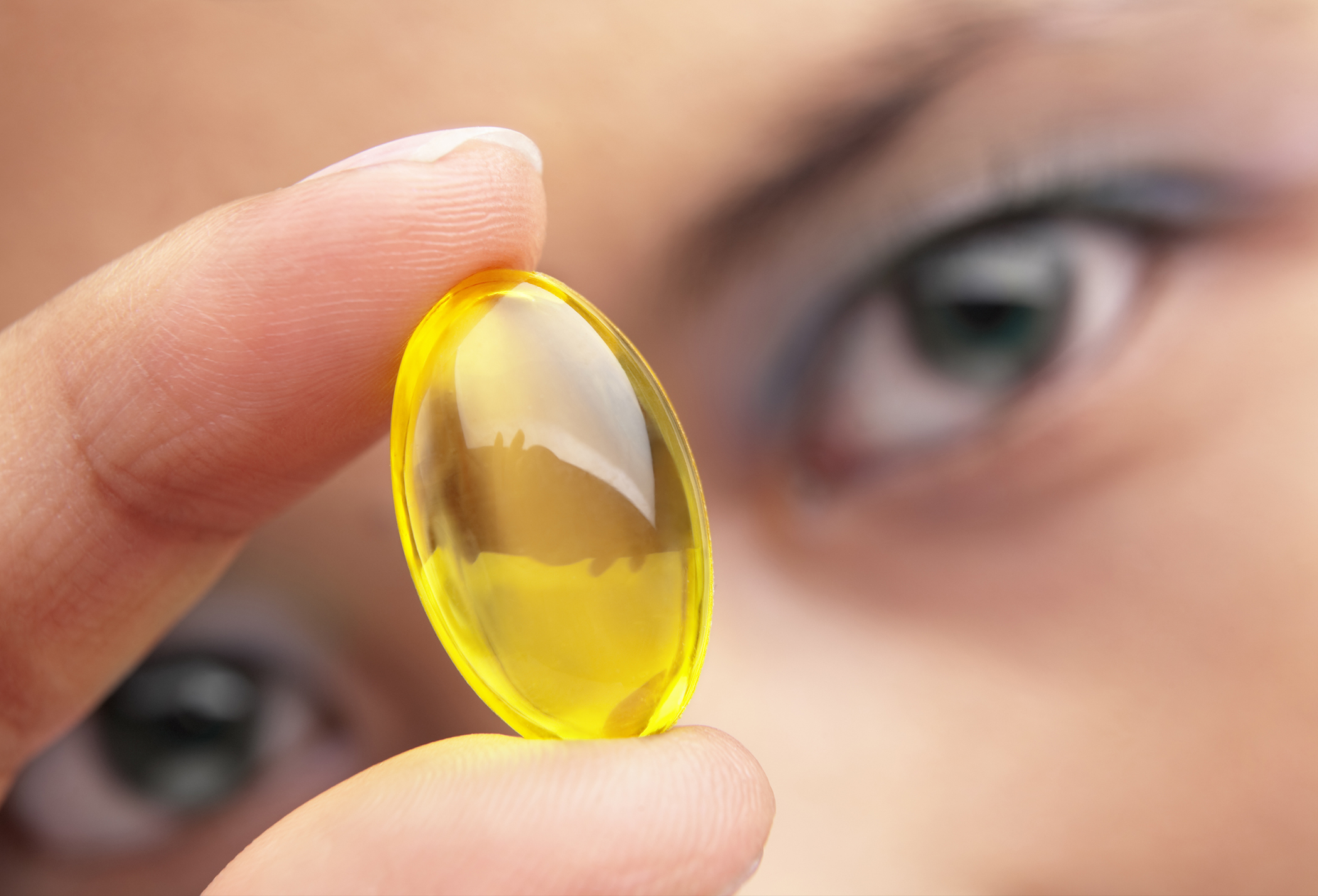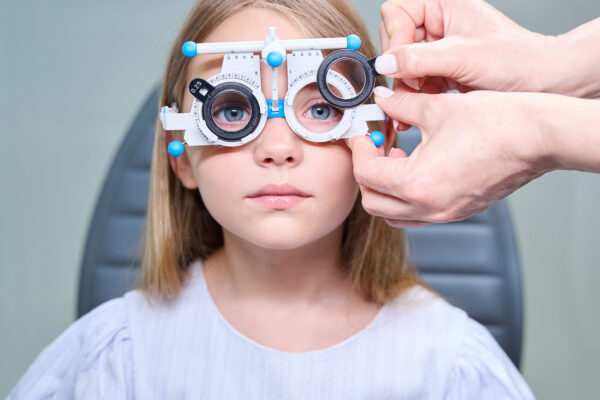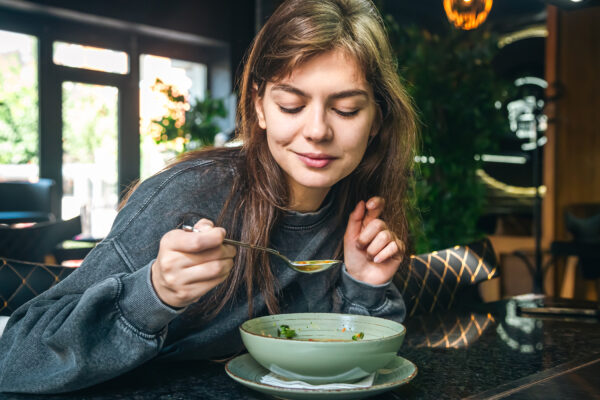The Miracle of Eyesight
And How We Can Maintain It
By: Joel Thuna
These days all of us should and most of us do sport masks covering most of our faces. This brings our “windows to our souls” front and center. For most of us eyesight is one of the many things most of us take for granted, until we are forced by a situation not to.
Eyesight truly is a miracle. Your eyes can focus in as little as 13 milliseconds. For comparison, a FAST autofocus camera can do it in 300 milliseconds. The eye has a large focal length. It can focus as close as about 15mm and under the right light conditions as far as 3 Km away. Pretty amazing from what I see.
Your eyeballs are roughly spherical and about an inch in diameter. In its front, lies the cornea. Just behind the cornea is the iris, the coloured area with a hole in the center called the pupil. Circular muscle tissue in the iris allows it to open and close the pupil to regulate the amount of light that gets inside your eye. Right behind the iris and pupil is the lens. The cornea and the lens work together to focus images on the retina, which is the light-sensitive layer that lines the inside back of your eyeball.
Your eye focuses on an object by bending all of the light rays from a single point on the observed object toward a single point on the retina. In the eyeball, light rays passing through the cornea are bent by its curvature toward the pupil. The lens flexes to change its curvature and finish the focusing process.
This process is wonderfully elegant and complex. As with any complex process things can and do go wrong. It is common to have vision degrade as we age, even without any underlying conditions. On top of that we have diseases that contribute to vision issues; Diabetes, Atherosclerosis and Hypertension all lead to reduced vision. Add to these specific vision-related conditions; Cataracts, Macular Degeneration (MD), Glaucoma.
Cataracts. A condition in which the lens of your eyes becomes clouded. Age-related cataracts are a leading cause of vision impairment and blindness around the world.
Diabetic retinopathy. Associated with diabetes and a major cause of visual impairment and blindness, retinopathy develops when high blood sugar levels damage retinal blood vessels.
Dry eye disease. A condition marked by insufficient tear fluid, which causes your eyes to dry up and leads to discomfort and potential visual problems.
Glaucoma. A group of diseases characterized by progressive degeneration of your optic nerve, which transfers visual information from eyes to brain. Glaucoma may cause poor eyesight, blindness and significant pain.
Macular degeneration. The macula is the center part of your retina. Age-related macular degeneration (AMD) is one of the main causes of blindness.
Diet: Like always, a healthy diet is the foundation for proper eye health. Your eyes need an ample supply of many nutrients to function properly. Studies have found that your lens is particularly sensitive to nutrient deficiencies. Ideally aim for a well-rounded diet with a high level of variety and not too many processed foods, fats and sugars. Get your fill of brightly coloured fruits and vegetables (rich in a class of antioxidants called anthocyanins) as well as dark leafy greens. Together they play a key role in protecting from macular degeneration and cataracts, the leading cause of blindness. The richer the colour the better, as it indicates higher levels of antioxidants. Carrots, sweet potatoes, spinach, peppers, chard, red lettuce, kale, beets, pumpkin, watermelon, kiwi, red grapefruit, limes, oranges, cantaloupe, mangoes, berries and grapes are all good choices.
Vitamins: Vitamins K2, C, E and A are vital for eye health. Vitamin K2 is a powerful ally in ocular health. K2 reduces Atherosclerosis in your eyes, enabling better blood flow and reduced pressure in the eye itself, reducing the risk of Macular Degeneration and Glaucoma. Vitamin C promotes the health of your retina’s blood vessels and helps reduce the risk of Cataracts. Vitamin E helps to protect your eyes from Macular Degeneration and Cataracts. Vitamin A plays a crucial role in vision by keeping your cornea clear and helps you see in low light conditions.
Lutein and Zeaxanthin are vitamin-like substances. They are a pair of potent antioxidants found in many vegetables but in very small quantities. They are also found in your eyes, especially in the lens, retina, and macula. They work to protect eye tissue from harmful ultraviolet rays from sunlight. High levels of the pair in eye tissues is linked with better vision, especially in dim light or where glare is a problem. Studies found people with high levels of the two may be half as likely to get Cataracts and slow the progress of Macular Degeneration.
Omega-3: The cell membranes of your retina contain a high concentration of DHA, a particular type of omega-3 found in some fatty fish, algae and crustaceans. DHA is also anti-inflammatory and believed to play a role in the prevention of diabetic retinopathy (DR).
Minerals, Zinc: Your eyes contain high levels of zinc. The mineral is essential to the formation of pigments in your retina. This is why zinc deficiency is associated with night blindness. Studies have shown that older adults with early macular degeneration when given zinc supplements saw their deterioration slowed and they were able to better maintain visual sharpness.
Healthy lifestyle habits, such as a wholesome diet and regular exercise, may help prevent many chronic diseases including eye conditions. Remember not to neglect the rest of your body. A diet, lifestyle and supplement regime that keeps your body healthy will go a long way to keep your eyes healthy as well.
Joel Thuna, MH, is a master herbalist with over 30 years of experience.




